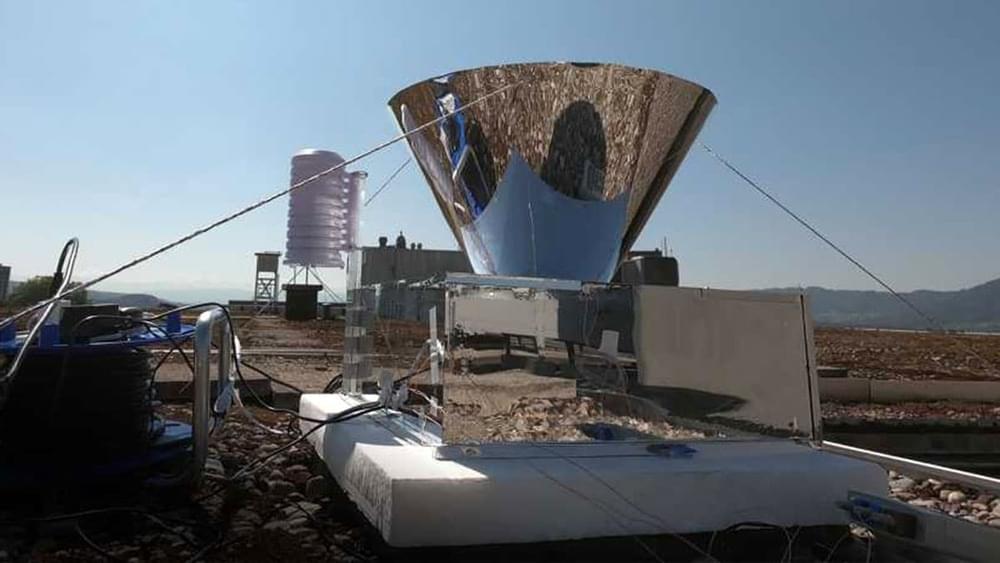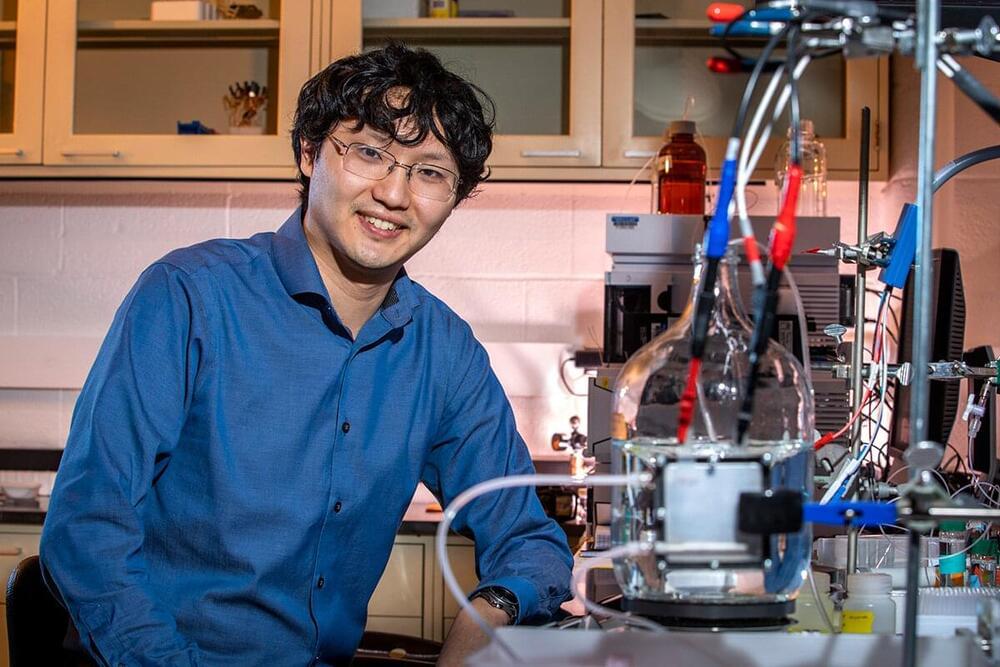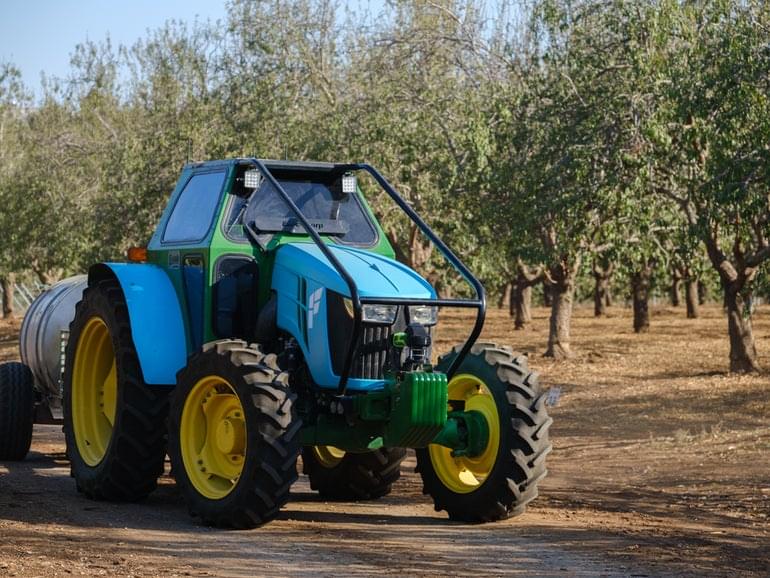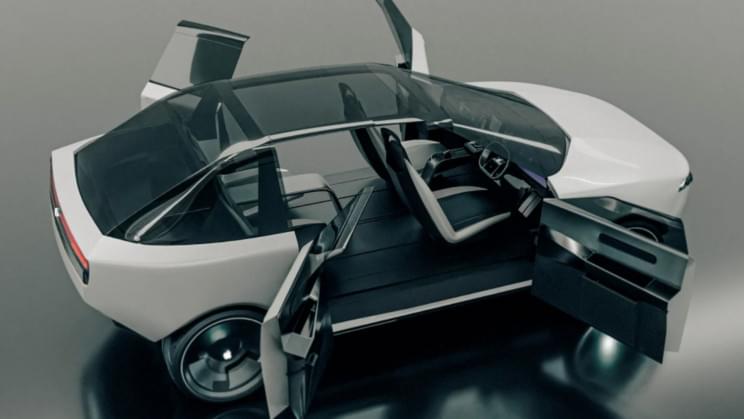Freshwater is scarce in many parts of the world. While currently there is enough fresh water on earth to support consumption, it is not available in a way where supply meets demand. To solve this issue, engineers at ETH Zurich have developed a new device that can harvest drinking water 24 hours around the clock, with no energy input, even under the blazing sun.
It consists of a specially coated glass pane, which both reflects solar radiation and also radiates away its own heat through the atmosphere to outer space. The resulting device thus cools itself down to as much as 15 degrees Celsius below the ambient temperature. At the bottom of the pane, the moisture in the air condenses into the water which is collected.
The glass pane is coated with layers of a specially designed polymer and silver, which allows it to firstly reflect sunlight away to prevent it from heating up. The coating causes the pane to emit infrared radiation at a specific wavelength window to the outer space, with no absorption by the atmosphere nor reflection back onto the pane.





